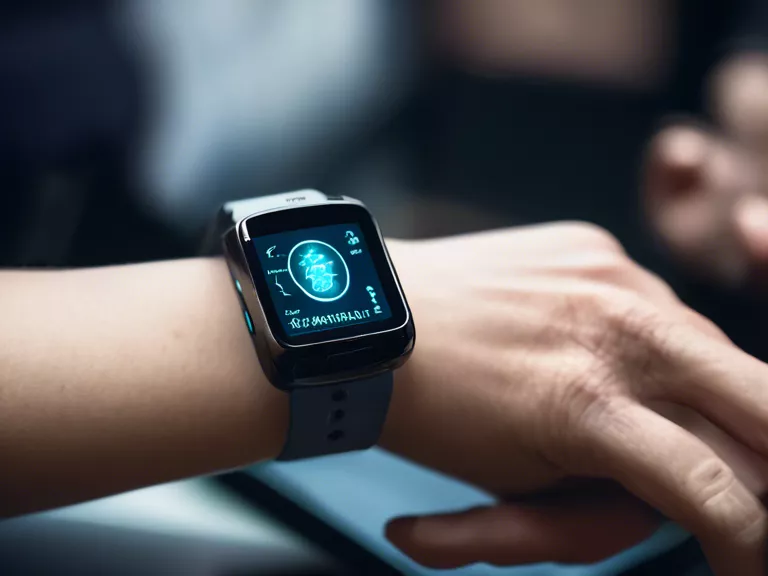
Smart wearables such as fitness trackers, smartwatches, and other devices are increasingly playing a crucial role in detecting health issues at an early stage. These devices are equipped with sensors that can monitor various metrics related to our health and well-being, providing valuable insights that can potentially help in early detection of health problems.
One of the key benefits of smart wearables is their ability to track vital signs such as heart rate, blood pressure, and oxygen levels throughout the day. By continuously monitoring these metrics, users can detect any irregularities or fluctuations that may indicate an underlying health issue. For example, changes in heart rate patterns could signal the onset of arrhythmia or other cardiovascular conditions.
Moreover, smart wearables can also track sleep patterns, activity levels, and even stress levels, providing a comprehensive picture of an individual's overall health. By analyzing this data over time, users can identify patterns or trends that may indicate the presence of a health concern. For instance, prolonged periods of poor sleep quality could be a sign of insomnia or sleep apnea.
In addition, some smart wearables are equipped with advanced features such as ECG monitoring, fall detection, and even blood glucose monitoring. These features can be especially beneficial for individuals with specific health conditions such as heart disease, diabetes, or elderly individuals at risk of falls. By detecting abnormalities or sudden changes in these parameters, users can seek medical attention promptly and potentially prevent serious health complications.
Overall, smart wearables have the potential to revolutionize healthcare by enabling early detection of health issues, allowing for timely intervention and treatment. As these devices continue to evolve and incorporate more advanced sensors and technologies, they will likely play an even greater role in empowering individuals to proactively manage their health and well-being.



